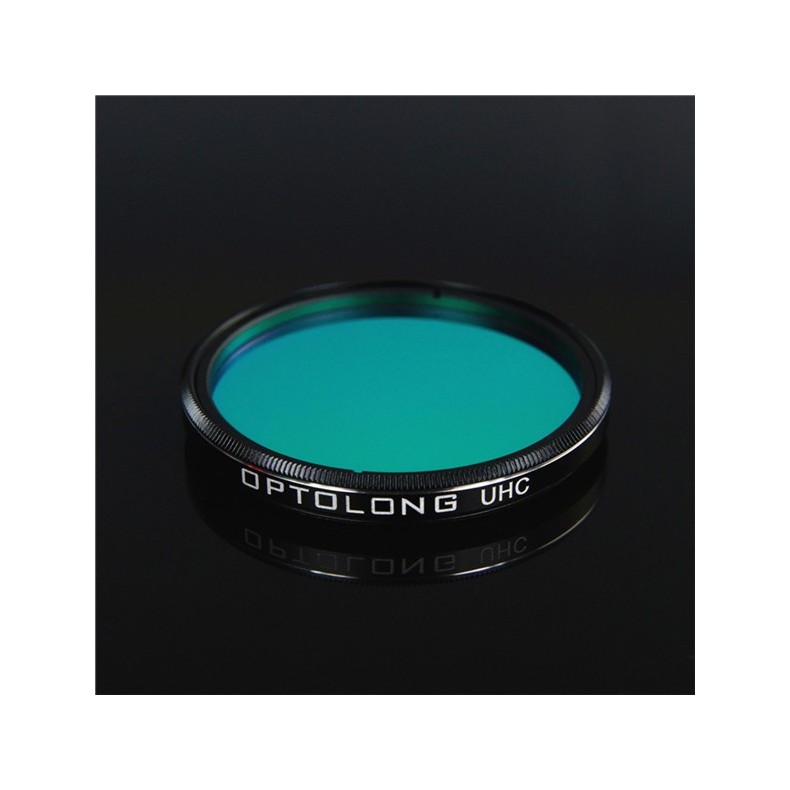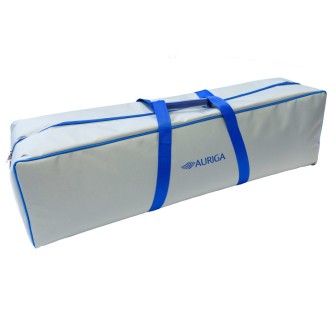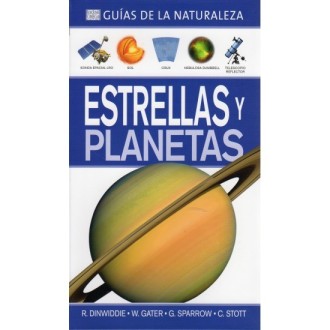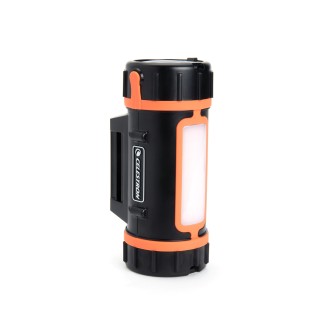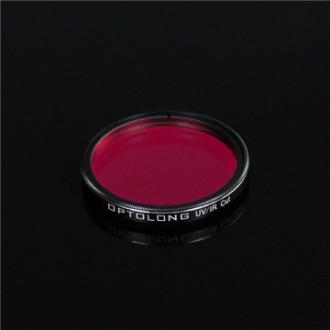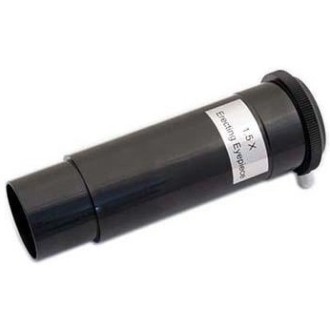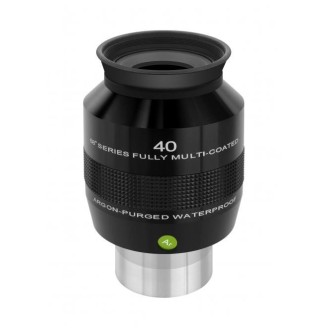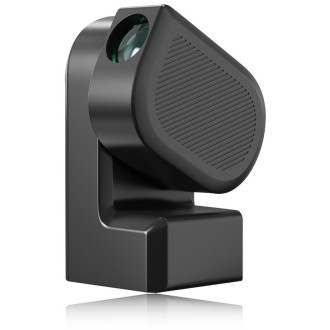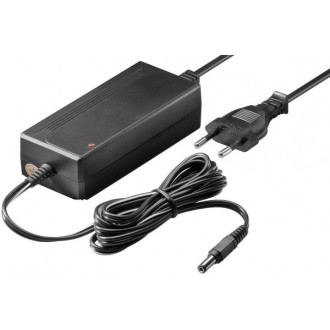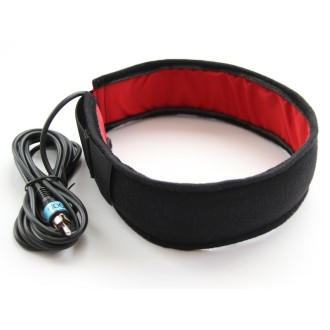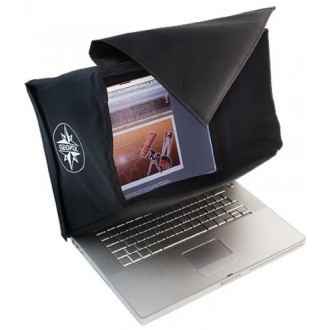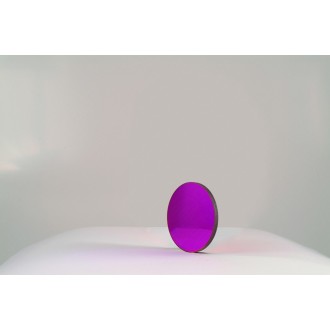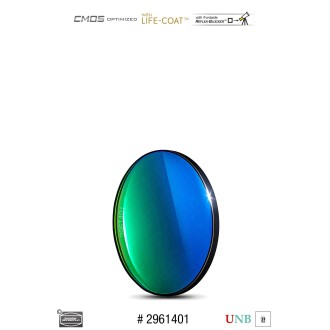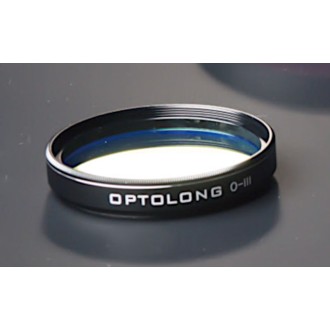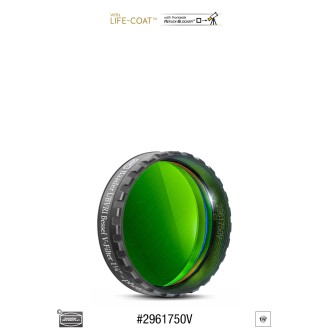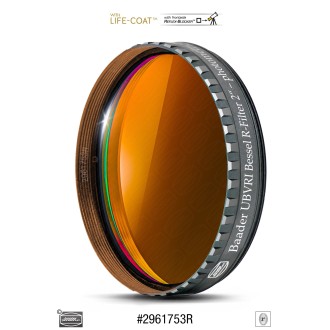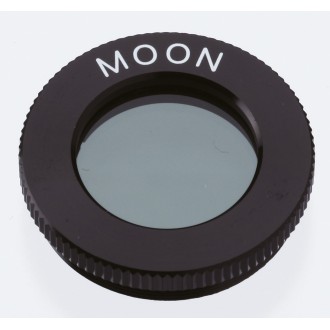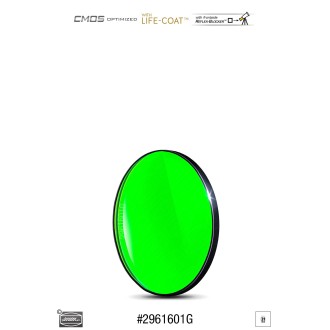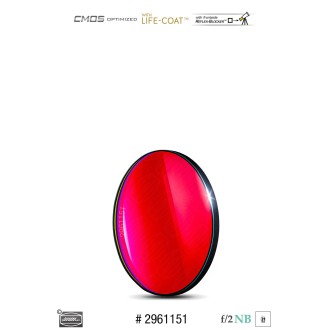
Filter Optolong anti-light pollution UHC 2"
UHC (Ultra High Contrast) broadband filter designed to improve the visibility of deep sky objects, reducing the transmission of polluting wavelengths, produced by artificial lights, and the emission of neutral oxygen in our atmosphere (skyglow), being highly transparent in the main emission lines of nebulae.
| Carrier | Description | Estimated Delivery | ||
|---|---|---|---|---|
 |
Home delivery - International | Home delivery - International |
Friday, 2 May - Friday, 9 May |
|

Home delivery - International
Home delivery - International
Estimated delivery:
Friday, 2 May - Friday, 9 May
UHC 2" anti-light pollution filter Optolong
The UHC (Ultra High Contrast) broadband filter is designed to improve the visibility of deep sky objects by selectively reducing the transmission of polluting wavelengths, specifically those produced by artificial lights, including mercury vapor lamps, high and low pressure sodium vapor lights, and unwanted daylight caused by neutral oxygen emission in our atmosphere (i.e. skyglow).
In contrast, the filter is highly transparent in the main emission lines of nebulae: OIII (496nm and 500nm), H-beta (486nm), NII (654nm and 658nm), H-alpha (656nm) and SII (672nm), making the filter suitable for contrast and detail enhancement for both visual and photographic purposes in sub-rural areas with heavy light pollution.
Main applications
- Suitable for unmodified color CCD and DSLR cameras
- UHC has a narrower bandpass than CLS, thus providing higher contrast. It is therefore more suitable for urban environments that suffer from strong light pollution.
- The UHC has a substantial red band and provides excellent views for objects such as the Orion Nebula (M42)
NOTE: The light pollution filter does not remove the effects of light pollution or increase the brightness of the object. In most cases, it increases the contrast between the nebula and the night sky, without illuminating the nebula.
Technical data:
Spectral curve
Provides 95% transmission of the main nebula emission lines (i.e., H-β 486.1nm; OIII 495.9nm, OIII 500.7nm; H-α656.3nm)
In contrast, the out-of-band transmission is only 0.1%, specifically the major artificial light pollution emission lines (i.e., Hg 435.8nm, 546.1nm, 577nm, 578.1nm and Na 598nm, 589.6nm, 615.4nm, 616.1nm). The 0.1% transmission is equivalent to OD3 (optical density); a high optical density value indicates very low transmission, and a low optical density indicates high transmission.
Substrate and coating characteristics
- Substrate material manufactured by Schott
- Thickness 2.0 mm
- Surface quality: 60/40 (per MIL-O-13830)
- Optically polished to ensure 1/4 precision wavefront (surface irregularities are
- Multi-layer anti-reflective coating
- Non-cementitious optical substrate coating
- Outermost coating with ion-assisted electron beam evaporation deposition technology provides increased durability and scratch resistance, as well as CWL (center wavelength) stability unaffected by temperature changes.
- The planetary rotation system provides precision and homogeneity of coatings, ensuring high values in through-band transmission and out-of-band optical density
Filter cell
- Ultra-thin filter cell minimizes vignetting by maximizing the largest possible aperture (diaphanous aperture is 45 mm for the 2")
- Size: 2"
Filter Optolong UHC 2" anti-light pollution filter

